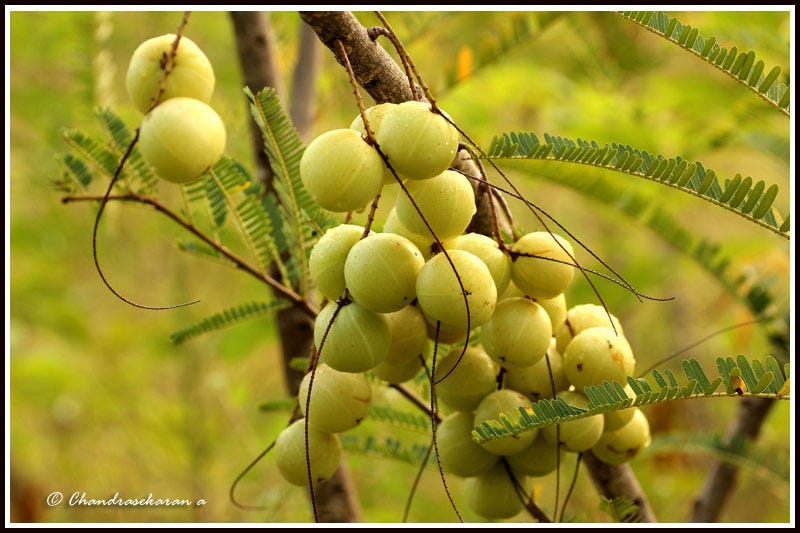Aamlki Ekadashi: The Sacred Fast of Health, Devotion, and Renewal
The Power of Aamlki Ekadashi: Hindu Wisdom Backed by Science

A Day of Spirituality and Well-being
Hindu festivals are more than just religious observances—they blend spiritual practices with scientific wisdom, offering profound benefits to those who follow them. One such occasion is Aamlki Ekadashi, which falls on March 10, 2025. This festival is dedicated to Lord Vishnu and the amla tree (Indian gooseberry), a plant revered for its medicinal properties. More than just a day of fasting, Aamlki Ekadashi represents a connection between nature, human consciousness, and the cosmic order.
While some dismiss it as mythology, the rituals associated with this festival align closely with modern scientific principles. Observing Aamlki Ekadashi isn’t just about religious devotion—it’s about adopting a lifestyle that promotes physical well-being, mental clarity, and spiritual elevation.
The Story of Aamlki Ekadashi: A Divine Transformation
According to Brahmanda Purana, King Chitraratha sought enlightenment and spiritual merit under the guidance of Sage Vasishtha. He was advised to observe Aamlki Ekadashi, engaging in fasting, prayers, and devotion under the sacred amla tree. Along with his people, the king observed a strict fast, performed sacred chants, and offered water to the tree’s roots.
During the night, a hunter unknowingly participated in the observances by staying in the temple precincts. By morning, his fate transformed—his life took a positive turn, leading him to rise to power. This story highlights the profound influence of aligning one's actions with natural and spiritual principles, reinforcing the idea that conscious devotion and mindful living can lead to positive life changes.
The Science Behind Amla and Fasting
Amla (Indian gooseberry) is known for its incredible health benefits. Modern research validates what ancient seers knew for centuries—amla is one of the richest sources of Vitamin C, boosting immunity, enhancing digestion, and fighting inflammation. It is also praised in Ayurveda for its detoxifying and rejuvenating properties.
Fasting, a key aspect of Ekadashi observance, supports digestion and mental clarity. The lunar cycle influences biological rhythms, and sages observed that fasting on Ekadashi days aligns with natural energy shifts. By abstaining from grains and consuming amla or light foods, the body undergoes a natural detox, reducing inflammation and improving metabolic health—similar to modern intermittent fasting practices.
Rituals and Observances of Aamlki Ekadashi
On this day, devotees:
Begin with an early morning bath, signifying renewal and purification.
Offer prayers to Vishnu and pay homage to the amla tree, pouring water at its roots.
Observe a strict fast, avoiding grains and heavy foods.
Engage in bhajans, storytelling, and spiritual discussions.
End the day with Jagran (night-long vigil), reflecting on divine teachings.
Why Aamlki Ekadashi Still Matters Today
Aamlki Ekadashi is more than a religious event—it is a reminder that ancient Hindu traditions integrate science, spirituality, and wellness into daily life. Despite historical disruptions, this sacred day continues to be observed, proving that wisdom from the past remains relevant in modern times.
By participating in Aamlki Ekadashi, we reconnect with nature, strengthen our faith, and rejuvenate our health. This festival teaches us that true well-being comes from a harmonious blend of devotion, discipline, and self-care.
Are you observing Aamlki Ekadashi this year? Share your thoughts in the comments!
Read More Here:
https://hinduinfopedia.org/aamlki-ekadashi-a-day-of-amla-fasting-and-timeless-insight/



